Shows
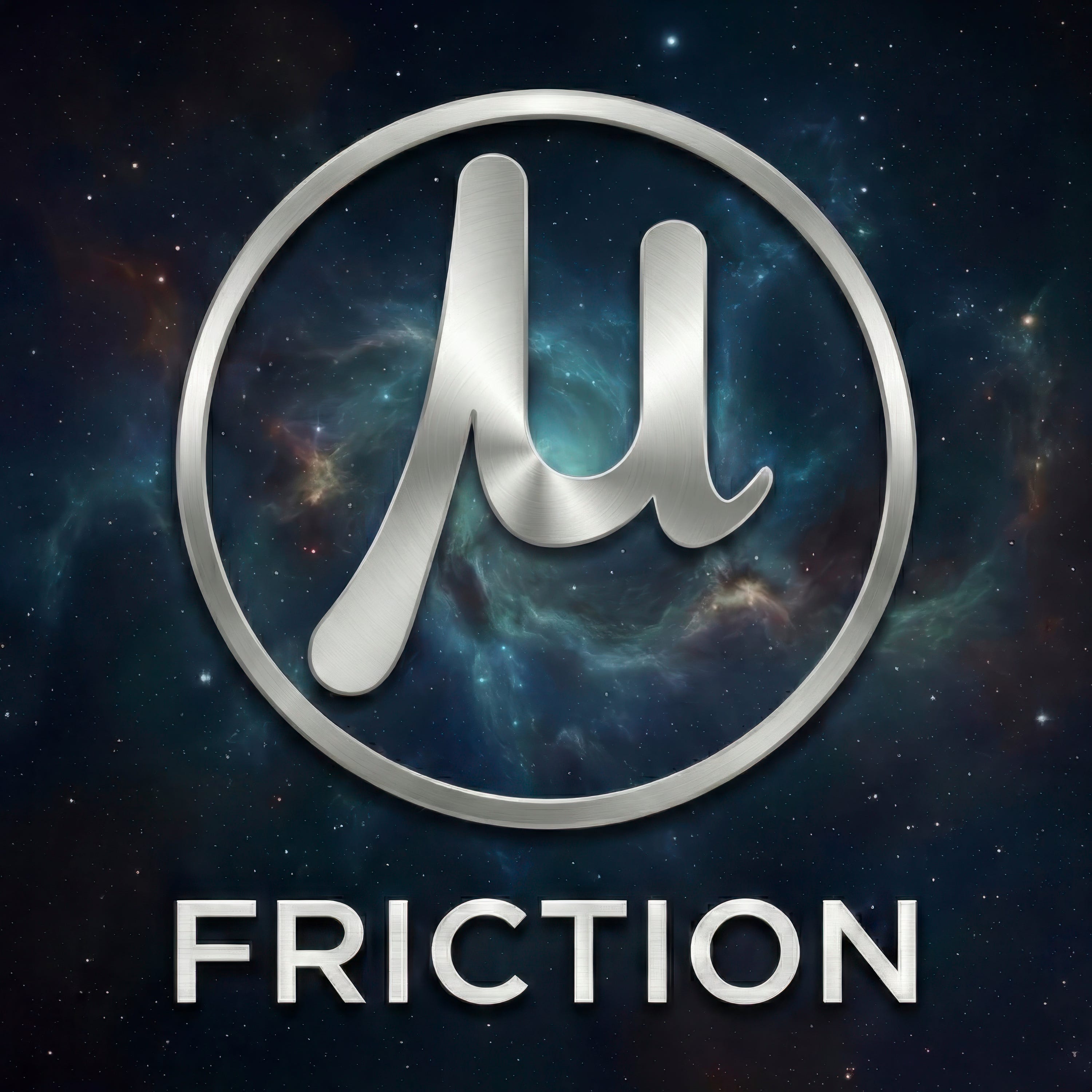
Friction135. Paul Thagard | How Brains Build ConsciousnessCan brains build consciousness? In this interview, Paul Thagard argues that they can, and explains his approach.My links: https://linktr.ee/frictionphilosophy.1. GuestPaul Thagard is Distinguished Professor Emeritus of Philosophy at the University of Waterloo and a Fellow of the Royal Society of Canada, the Cognitive Science Society, and the Association for Psychological Science. His work focuses on cognitive science, philosophy of mind, and the philosophy of science and medicine.Check out his book, "Dreams, Jokes, and Songs: How Brains Build Consciousness"!https://academic.oup.com/book/60618...
2026-01-061h 30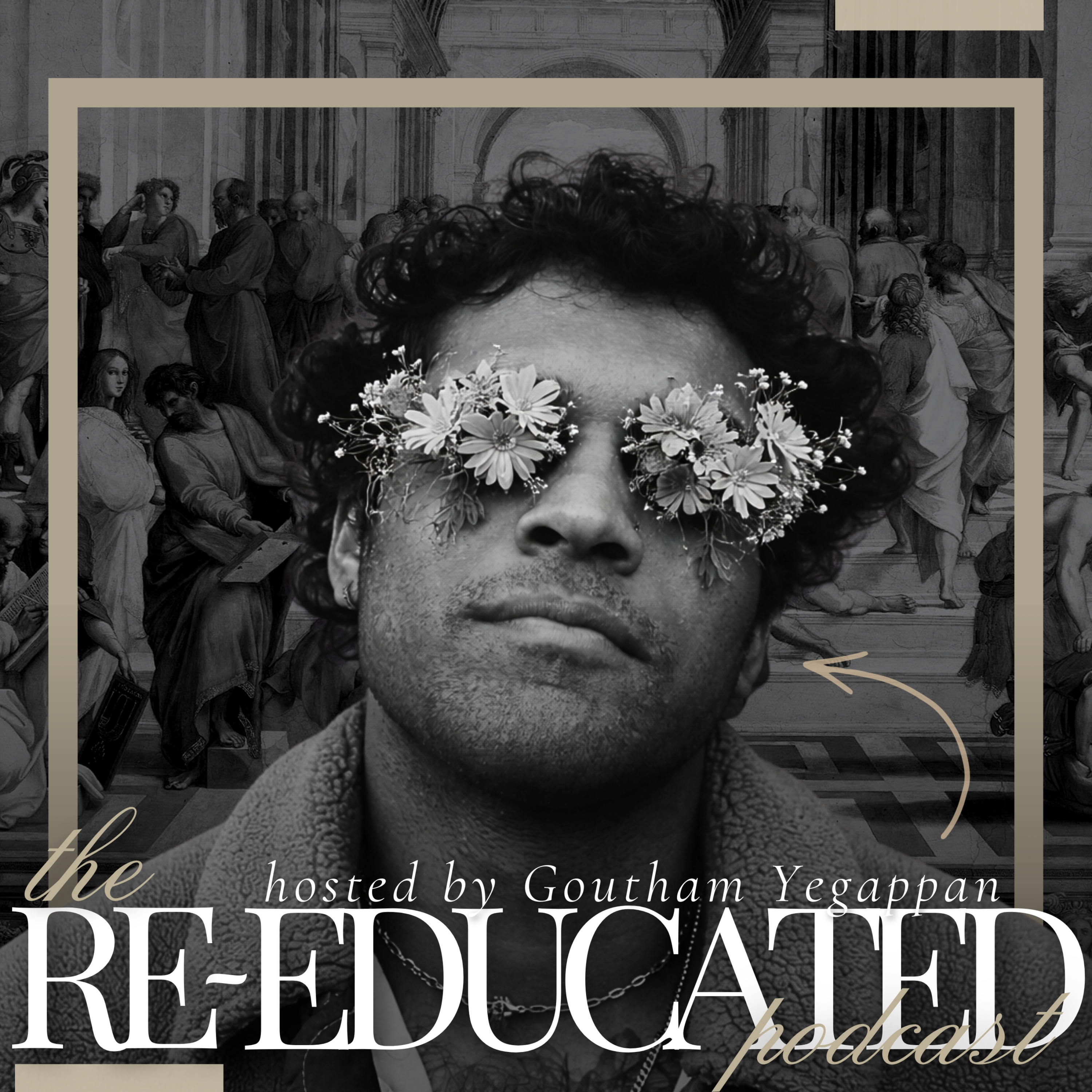
reeducatedThe Science of Meaning: How Brains Make Sense of Life | Paul Thagard | Professor Emeritus of Philosophy at the University of Waterloo | Season 10 Episode 11 | #162In this episode, I sit down with Paul Thagard, philosopher, cognitive scientist, and Professor Emeritus at the University of Waterloo, whose career has bridged philosophy, psychology, neuroscience, and computer modeling. Paul has spent decades exploring how humans think, feel, and make sense of the world. From scientific reasoning and creativity to consciousness and the meaning of life, his work has helped reshape how we understand the mind itself.We talk about how he first fell in love with philosophy as a teenager shelving books in a public library, and how that early curiosity evolved into a lifelong...
2025-10-081h 07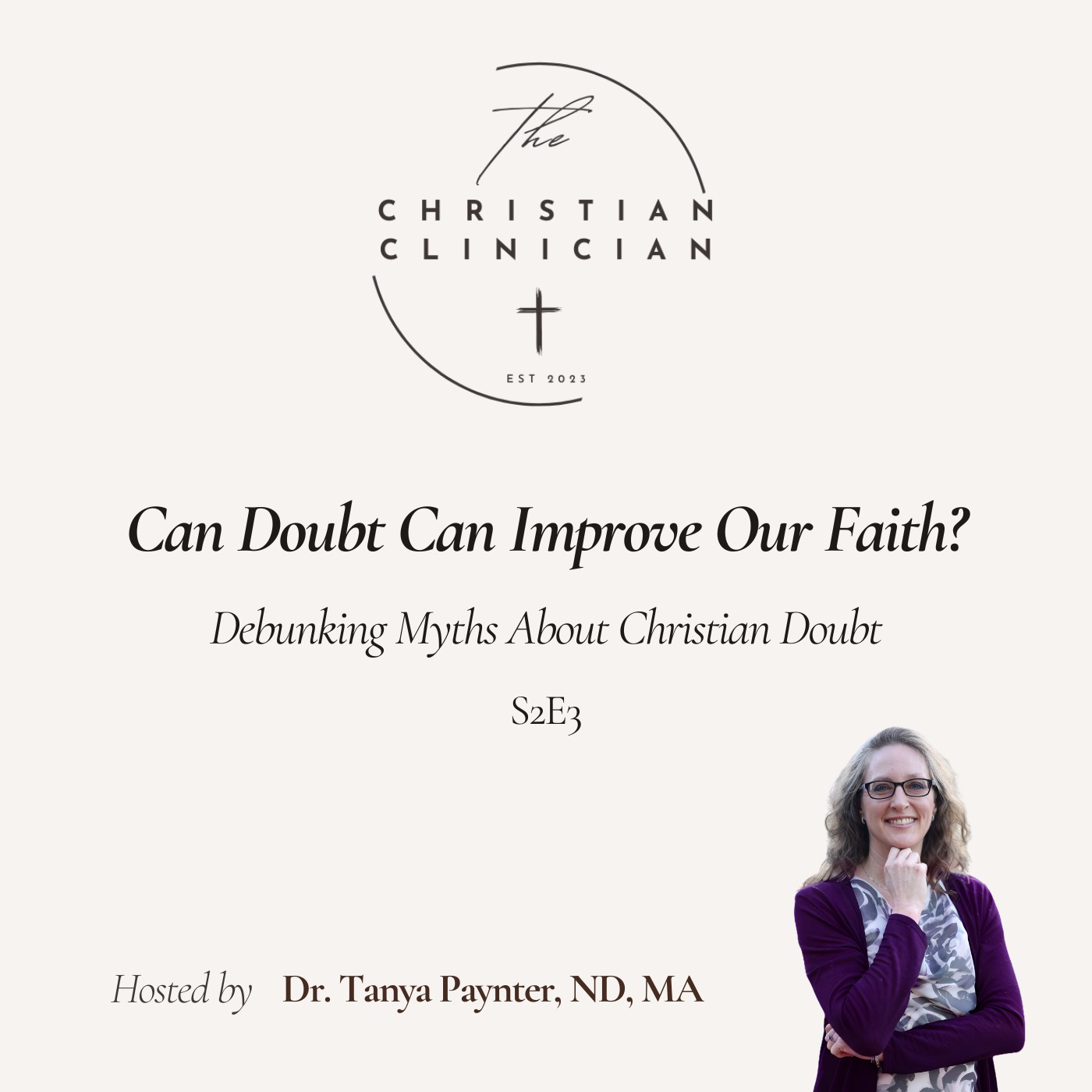
The Christian ClinicianCan Doubt Can Improve Our Faith? Debunking Myths About Christian Doubt S2E3In this episode, Dr. Tanya Paynter continues her deeply personal and insightful conversation on how doubt impacts both our faith and our health. Building on last week’s story of her own spiritual struggles, she dives into the four distinct types of doubt—factual, experiential, emotional, and volitional—and explains why identifying them is essential for true healing. Dr. Paynter shares practical tools, biblical examples, and honest reflection exercises to help Christian women work through their doubts. She also debunks three common myths many believers hold:1) That most Christians don’t experience doubt,2) That doubt is sinfu...
2025-09-0326 min
New Books in SciencePaul Thagard, "Bots and Beasts: What Makes Machines, Animals, and People Smart?" (MIT Press, 2021)Octopuses can open jars to get food, and chimpanzees can plan for the future. An IBM computer named Watson won on Jeopardy! and Alexa knows our favorite songs. But do animals and smart machines really have intelligence comparable to that of humans? In Bots and Beasts: What Makes Machines, Animals, and People Smart? (MIT Press, 2021), Paul Thagard looks at how computers (“bots”) and animals measure up to the minds of people, offering the first systematic comparison of intelligence across machines, animals, and humans.Thagard explains that human intelligence is more than IQ and encompasses such features as problem...
2025-08-0959 min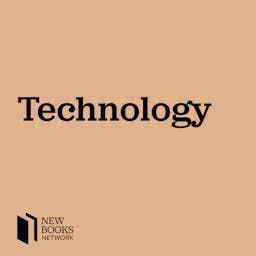
New Books in TechnologyPaul Thagard, "Bots and Beasts: What Makes Machines, Animals, and People Smart?" (MIT Press, 2021)Octopuses can open jars to get food, and chimpanzees can plan for the future. An IBM computer named Watson won on Jeopardy! and Alexa knows our favorite songs. But do animals and smart machines really have intelligence comparable to that of humans? In Bots and Beasts: What Makes Machines, Animals, and People Smart? (MIT Press, 2021), Paul Thagard looks at how computers (“bots”) and animals measure up to the minds of people, offering the first systematic comparison of intelligence across machines, animals, and humans.Thagard explains that human intelligence is more than IQ and encompasses such features as problem...
2025-08-0959 min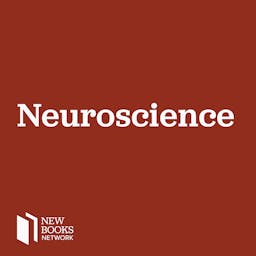
New Books in NeurosciencePaul Thagard, "Bots and Beasts: What Makes Machines, Animals, and People Smart?" (MIT Press, 2021)Octopuses can open jars to get food, and chimpanzees can plan for the future. An IBM computer named Watson won on Jeopardy! and Alexa knows our favorite songs. But do animals and smart machines really have intelligence comparable to that of humans? In Bots and Beasts: What Makes Machines, Animals, and People Smart? (MIT Press, 2021), Paul Thagard looks at how computers (“bots”) and animals measure up to the minds of people, offering the first systematic comparison of intelligence across machines, animals, and humans.Thagard explains that human intelligence is more than IQ and encompasses such features as problem...
2025-08-0959 min
New Books in Animal StudiesPaul Thagard, "Bots and Beasts: What Makes Machines, Animals, and People Smart?" (MIT Press, 2021)Octopuses can open jars to get food, and chimpanzees can plan for the future. An IBM computer named Watson won on Jeopardy! and Alexa knows our favorite songs. But do animals and smart machines really have intelligence comparable to that of humans? In Bots and Beasts: What Makes Machines, Animals, and People Smart? (MIT Press, 2021), Paul Thagard looks at how computers (“bots”) and animals measure up to the minds of people, offering the first systematic comparison of intelligence across machines, animals, and humans.Thagard explains that human intelligence is more than IQ and encompasses such features as problem...
2025-08-0959 min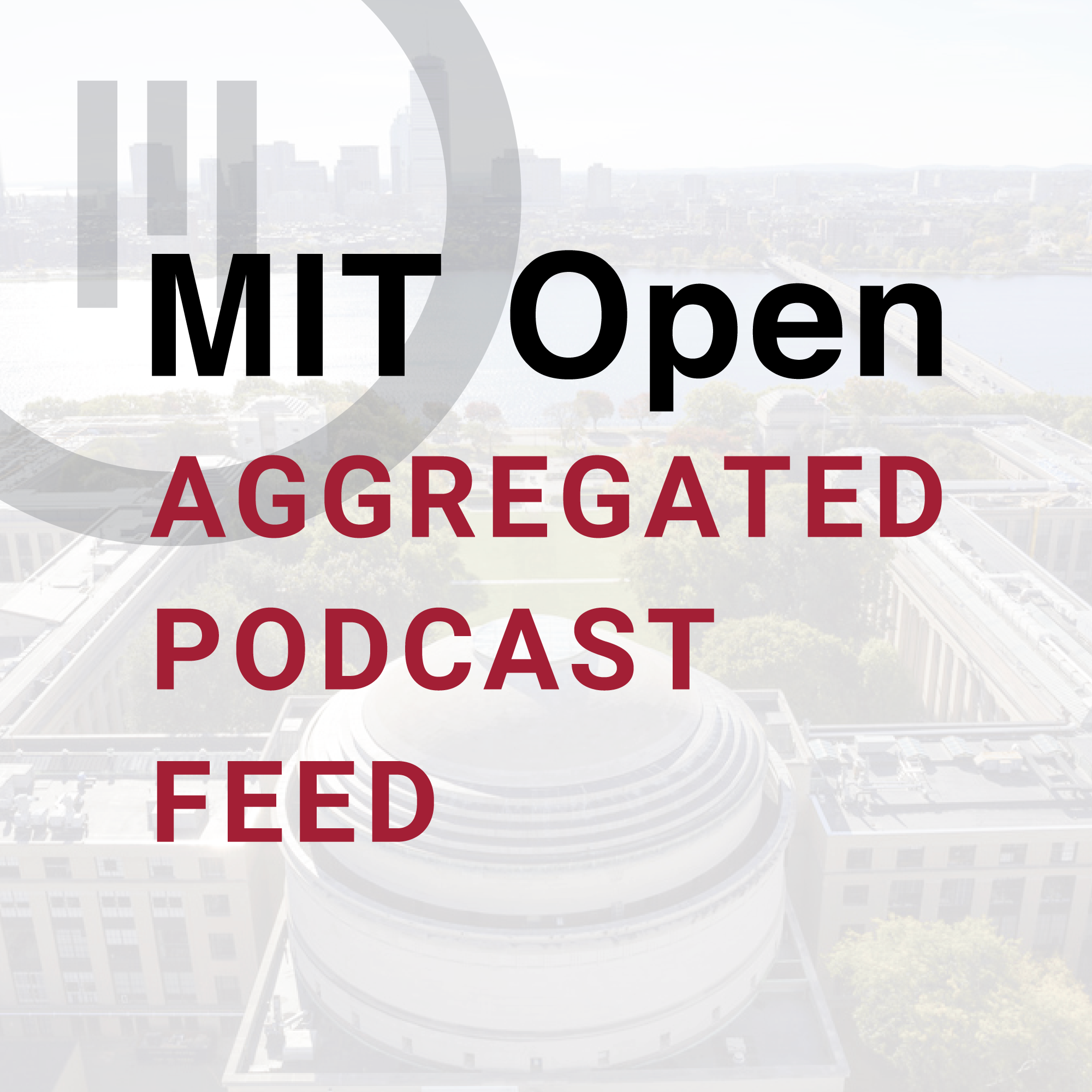
MIT Open Aggregated Podcast FeedPaul Thagard, "Bots and Beasts: What Makes Machines, Animals, and People Smart?" (MIT Press, 2021)Octopuses can open jars to get food, and chimpanzees can plan for the future. An IBM computer named Watson won on Jeopardy! and Alexa knows our favorite songs. But do animals and smart machines really have intelligence comparable to that of humans? In Bots and Beasts: What Makes Machines, Animals, and People Smart? (MIT Press, 2021), Paul Thagard looks at how computers (“bots”) and animals measure up to the minds of people, offering the first systematic comparison of intelligence across machines, animals, and humans.
Thagard explains that human intelligence is more than IQ and encompasses such features as problem solving, decision making...
2025-08-0900 min
New Books in Biology and EvolutionPaul Thagard, "Bots and Beasts: What Makes Machines, Animals, and People Smart?" (MIT Press, 2021)Octopuses can open jars to get food, and chimpanzees can plan for the future. An IBM computer named Watson won on Jeopardy! and Alexa knows our favorite songs. But do animals and smart machines really have intelligence comparable to that of humans? In Bots and Beasts: What Makes Machines, Animals, and People Smart? (MIT Press, 2021), Paul Thagard looks at how computers (“bots”) and animals measure up to the minds of people, offering the first systematic comparison of intelligence across machines, animals, and humans.Thagard explains that human intelligence is more than IQ and encompasses such features as problem...
2025-08-0959 min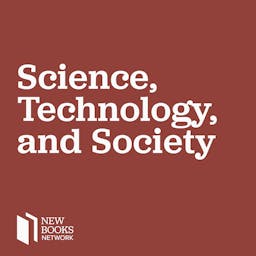
New Books in Science, Technology, and SocietyPaul Thagard, "Bots and Beasts: What Makes Machines, Animals, and People Smart?" (MIT Press, 2021)Octopuses can open jars to get food, and chimpanzees can plan for the future. An IBM computer named Watson won on Jeopardy! and Alexa knows our favorite songs. But do animals and smart machines really have intelligence comparable to that of humans? In Bots and Beasts: What Makes Machines, Animals, and People Smart? (MIT Press, 2021), Paul Thagard looks at how computers (“bots”) and animals measure up to the minds of people, offering the first systematic comparison of intelligence across machines, animals, and humans.Thagard explains that human intelligence is more than IQ and encompasses such features as problem...
2025-08-091h 01
NBN Book of the DayPaul Thagard, "Bots and Beasts: What Makes Machines, Animals, and People Smart?" (MIT Press, 2021)Octopuses can open jars to get food, and chimpanzees can plan for the future. An IBM computer named Watson won on Jeopardy! and Alexa knows our favorite songs. But do animals and smart machines really have intelligence comparable to that of humans? In Bots and Beasts: What Makes Machines, Animals, and People Smart? (MIT Press, 2021), Paul Thagard looks at how computers (“bots”) and animals measure up to the minds of people, offering the first systematic comparison of intelligence across machines, animals, and humans.Thagard explains that human intelligence is more than IQ and encompasses such features as problem...
2025-08-0959 min
The MIT Press PodcastPaul Thagard, "Bots and Beasts: What Makes Machines, Animals, and People Smart?" (MIT Press, 2021)Octopuses can open jars to get food, and chimpanzees can plan for the future. An IBM computer named Watson won on Jeopardy! and Alexa knows our favorite songs. But do animals and smart machines really have intelligence comparable to that of humans? In Bots and Beasts: What Makes Machines, Animals, and People Smart? (MIT Press, 2021), Paul Thagard looks at how computers (“bots”) and animals measure up to the minds of people, offering the first systematic comparison of intelligence across machines, animals, and humans.Thagard explains that human intelligence is more than IQ and encompasses such features as problem...
2025-08-0959 min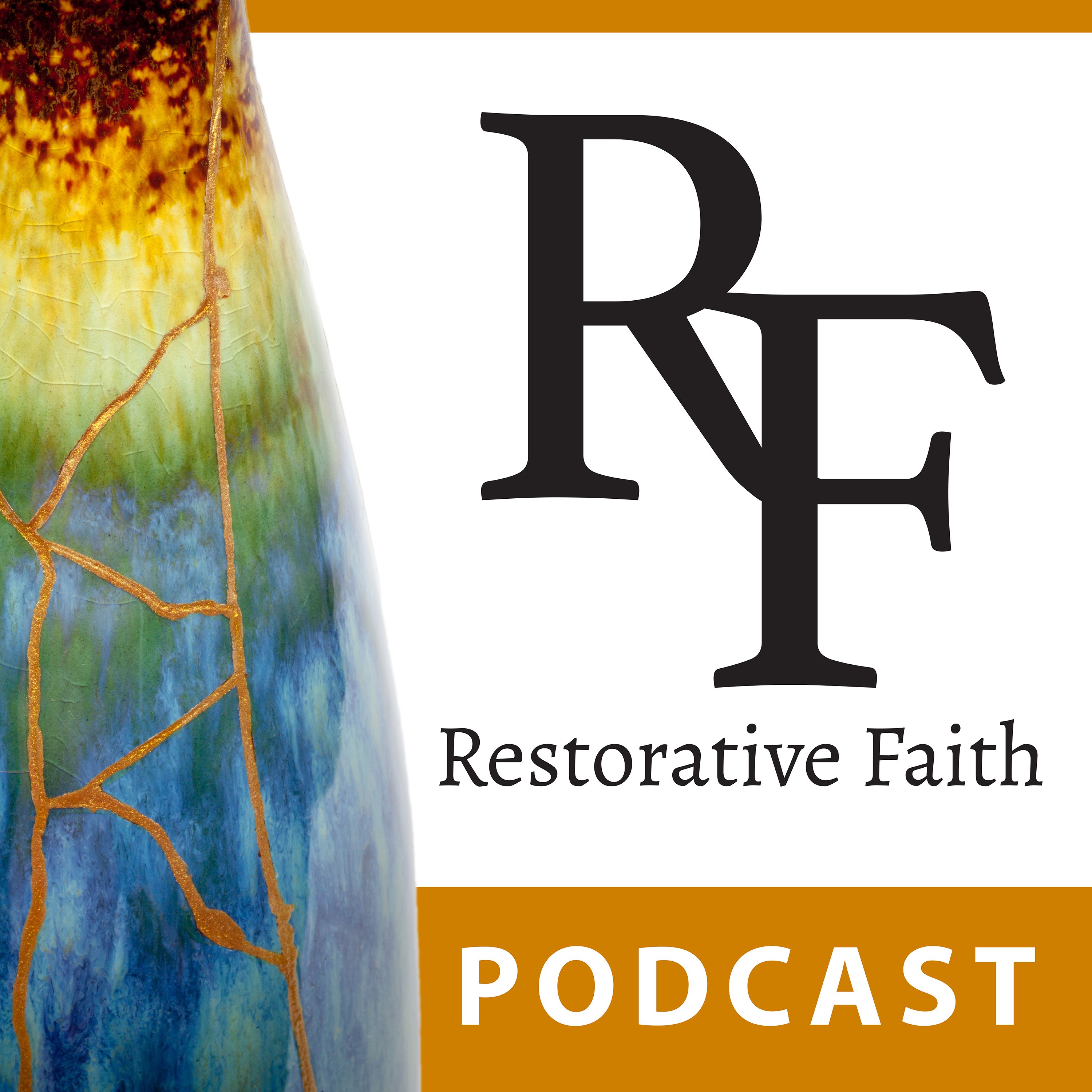
Restorative Faith(S4E2) - Glacial ShiftIn episode 2 of Season 4, we consider how the science of climate change has become one of the key issues defining the evangelical mindset. We speak with Jon Peerbolt, an international aid worker for the NGO Novi who was raised among onion farmers in Michigan by parents who were deeply entrenched in the conservative Christian ecosystem. We also interview Dr. Ryan Juskus, assistant professor and faculty director at Notre Dames’ Institute for Social Concerns who walks us through the historical roots of environmentalism within the evangelical movement. Finally, we talk with Dr. Paul Thagard, distinguished professor of philosophy emeritus at th...
2025-07-011h 02Luke FordWhere This Show Is Better Than The New York Times (4 - 16 - 24)Not Born Yesterday: The Science of Who We Trust and What We Believe, https://lukeford.net/blog/?p=130046
My highlights: https://lukeford.net/blog/?p=143746
New Yorker: Don’t Believe What They’re Telling You About Misinformation:
People may fervently espouse symbolic beliefs, cognitive scientists say, but they don’t treat them the same as factual beliefs. It’s worth keeping track of the difference. https://www.newyorker.com/magazine/2024/04/22/dont-believe-what-theyre-telling-you-about-misinformation
Weill isn’t the only one to fear the effects of false information. In January, the World Economic Forum released a report showing that fourteen hundred and ninety international experts ra...
2024-04-1732 min
The Dissenter#927 Paul Thagard - Falsehoods Fly: Why Misinformation Spreads and How to Stop It------------------Support the channel------------
Patreon: https://www.patreon.com/thedissenter
PayPal: paypal.me/thedissenter
PayPal Subscription 3 Dollars: https://tinyurl.com/ybn6bg9l
PayPal Subscription 5 Dollars: https://tinyurl.com/ycmr9gpz
PayPal Subscription 10 Dollars: https://tinyurl.com/y9r3fc9m
PayPal Subscription 20 Dollars: https://tinyurl.com/y95uvkao
------------------Follow me on---------------------
Facebook: https://www.facebook.com/thedissenteryt/
Twitter: https://twitter.com/TheDissenterYT
This show is sponsored by Enlites, Learning & Development done differently. Check the website he...
2024-04-121h 10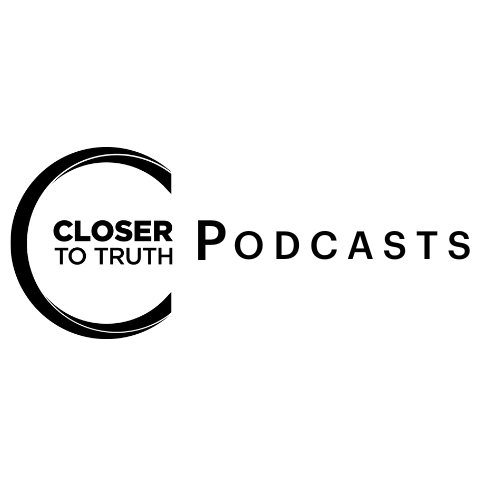
Closer To TruthPaul Thagard on AI, Animal Consciousness, and Human IntelligenceHow do animals and smart machines measure up to human intelligence? Can fish feel pain and do dogs get jealous? Paul Thagard—a philosopher and cognitive scientist—explores hotly debated issues about animal and artificial intelligence to conclude that current bots and beasts fall far short of human capabilities.
Thagard's book, Bots and Beasts: What Makes Machines, Animals, and People Smart?, is available for purchase now.
Paul Thagard is Distinguished Professor Emeritus of Philosophy at the University of Waterloo. He is the author of many books and writes a popular blog for Ps...
2024-04-031h 12
RSam PodcastPaul Thagard on AI, Free Energy Principle, and the Cognitive Science of MisinformationProf. Paul Thagard is a philosopher and cognitive scientist. He is Distinguished Professor Emeritus of Philosophy at the University of Waterloo and a Fellow of the Royal Society of Canada, the Cognitive Science Society, and the Association for Psychological Science. He's authored myriad interdisciplinary books, including a treatise on Mind and Society, and recently published his new book, Falsehoods Fly: Why Misinformation Spreads and How to Stop It. In this episode, we discuss AI, neural networks, ChatGPT and LLMs, Karl Friston's free energy principle, explanatory coherence, philosophy of science and mitigating misinformation.
You can find more of Prof. Thagard's...
2024-03-041h 35
unSILOed with Greg LaBlanc339. How the Brain Handles Balance and Misinformation feat. Paul ThagardCan you imagine the brain's intricate dance that helps us maintain balance? How does this process connect with vertigo, cognitive decline, and even our emotions and decision-making?Paul Thagard is a professor emeritus at the University of Waterloo and the author of several books. His latest release is titled Balance: How It Works and What It Means, and next year his new book, Falsehoods Fly: Why Misinformation Spreads and How to Stop It, will be published.Paul and Greg discuss Paul’s research into the brain and the way it...
2023-10-0457 min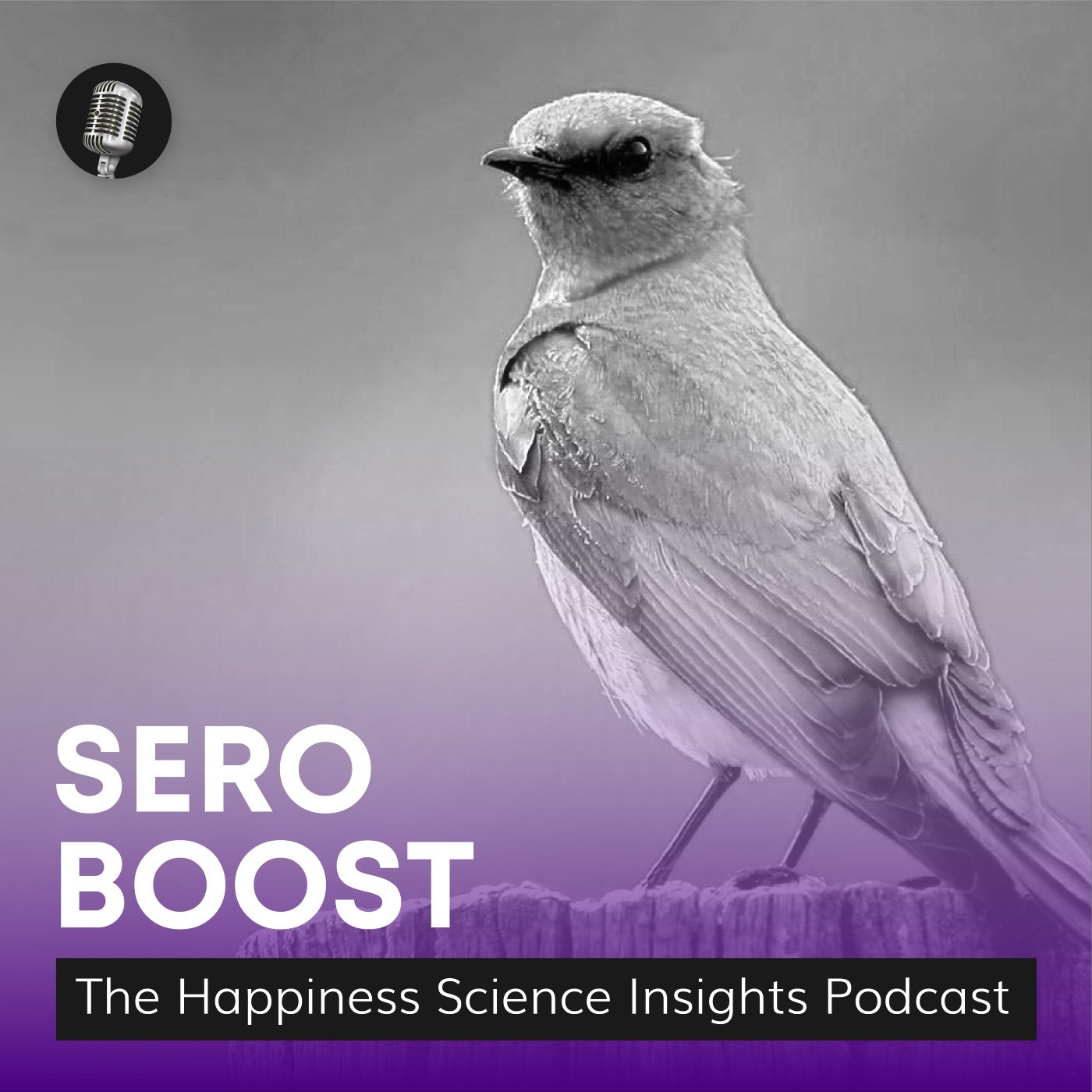
Sero Boost: The Happiness Science Insights PodcastPaul Thagard: Consciousness, Unity, and Interplay | Sero Boost #36Have you ever taken a moment to contemplate the enigma of consciousness? That mysterious and ever-present force that underpins every thought, emotion, and perception in our lives?
In this week's episode of "Sero Boost: The Happiness Science Insights Podcast," our host, Lu Ngo, embarks on an exploration of the intricate realms of consciousness. Joining her on this profound journey is Paul Thagard, Distinguished Professor Emeritus of Philosophy at the University of Waterloo, a philosopher, cognitive scientist, and author renowned for his interdisciplinary contributions.
Paul's illustrious career has garnered him accolades such as the Molson and...
2023-09-281h 00
Out Of The Blank#1401 - Paul ThagardPaul Thagard is a philosopher, cognitive scientist, and author of many interdisciplinary books. He is Distinguished Professor Emeritus of Philosophy at the University of Waterloo and a Fellow of the Royal Society of Canada, the Cognitive Science Society, and the Association for Psychological Science. Paul is the author of "Bots and Beasts: What Makes Machines, Animals, and People Smart?" which is the first systematic comparison of intelligence across machines, humans, and other animals. It draws on philosophy for a method of attributing mental capacities to nonhumans and for an approach to ethics based on vital needs. Psychology and neuroscience...
2023-05-031h 01
Ministry of IdeasMaking Meaning Episode 20: Love, Work, and PlayThough life’s ultimate meaning may be elusive, the goods of love, work and play are so deeply rewarding that for most people they are sufficient for creating a happy life. And with new advances in neuroscience, we increasingly understand why that is at a molecular level.Guest: Paul Thagard is a philosopher, cognitive scientist, and author of many interdisciplinary books. He is Distinguished Professor Emeritus of Philosophy at the University of Waterloo, where he founded and directed the Cognitive Science Program.Making Meaning is a limited series from Ministry of Ideas that explore...
2023-02-2310 min
New Books in NeuroscienceMaking Meaning Episode 20: Love, Work, and PlayThough life’s ultimate meaning may be elusive, the goods of love, work and play are so deeply rewarding that for most people they are sufficient for creating a happy life. And with new advances in neuroscience, we increasingly understand why that is at a molecular level.Guest: Paul Thagard is a philosopher, cognitive scientist, and author of many interdisciplinary books. He is Distinguished Professor Emeritus of Philosophy at the University of Waterloo, where he founded and directed the Cognitive Science Program.Making Meaning is a limited series from Ministry of Ideas that explore...
2023-02-2310 min
New Books in PsychologyMaking Meaning Episode 20: Love, Work, and PlayThough life’s ultimate meaning may be elusive, the goods of love, work and play are so deeply rewarding that for most people they are sufficient for creating a happy life. And with new advances in neuroscience, we increasingly understand why that is at a molecular level.Guest: Paul Thagard is a philosopher, cognitive scientist, and author of many interdisciplinary books. He is Distinguished Professor Emeritus of Philosophy at the University of Waterloo, where he founded and directed the Cognitive Science Program.Making Meaning is a limited series from Ministry of Ideas that explore...
2023-02-2310 min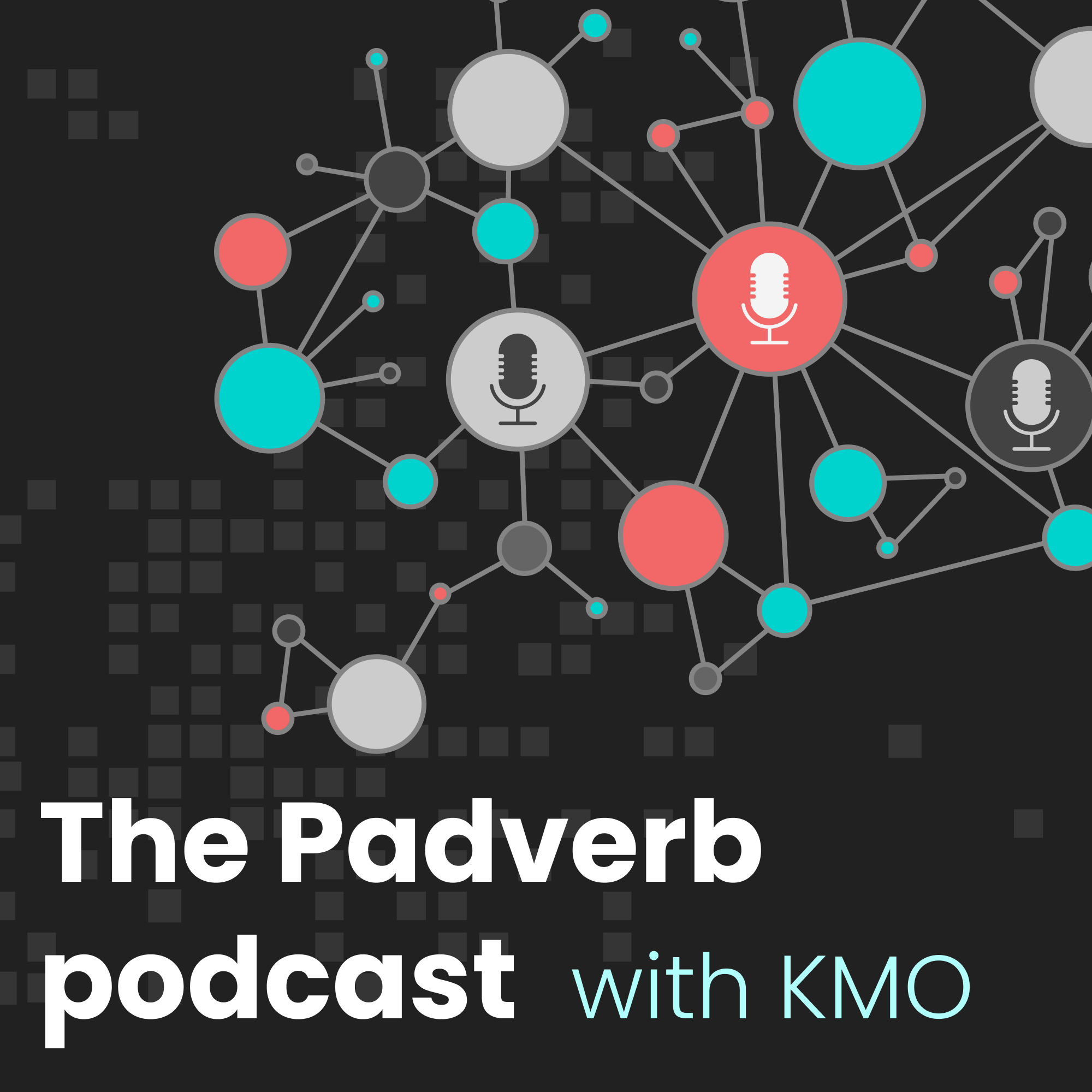
The Padverb Podcast with KMO013 Balance of Error with Paul ThagardDr Paul Thagard is a Canadian cognitive scientist and philosopher of mind. He is the author of many interdisciplinary books, including, most recently, "Balance: How it Works and What it Means." In this conversation, KMO and Paul discuss:
03:32 – Balance, Paul's book of two parts
04:47 – The inner ear and its role in balance
06:50 – Comparing balance and scales
08:40 – Using metaphors, Scott Adams, and Sam Harris
15:52 – Toxic metaphors and AI monitoring live conversations
20:00 – How prevalent misinformation is
22:52 – Opinions on vaccination
23:28 – The notion of consensus reality
25:40 – The no-longer binary (strong/weak) nature of AI
30:48 – The vacuously eloquent linguistic models
34:32 – Panpsychism and its relation to neuroscien...
2022-08-181h 02Center for Advanced Studies (CAS) Research Focus Evidence Based Practice (LMU) - HDWhy Reason?Reasoning and inference are not the same, argues Paul Thagard. Reasoning is slow, deliberate, and social, where as inference is fast, automatic, and individual. | Center for Advanced Studies LMU: 06.07.2016 | Speaker: Prof. Paul Thagard, Ph.D. | Moderation: Prof. Clark Chinn, Ph.D.
2022-07-281h 32
Thinking Clearly#72-Trust and the Semantic Pointer Theory of Cognition-with Paul ThagardDr. Paul Thagard is our guest on this final episode of a three-part series on The Nature of Trust. Paul is a philosopher, cognitive scientist, author and Distinguished Professor Emeritus of Philosophy from the University of Waterloo. As described in his 3-book Treatise on Mind and Society, he discusses the relatively new approach in cognitive science, called the Semantic Pointer Theory of Cognition and explains how trust can be viewed through that lens. The discussion also includes some of his perspectives on misinformation that will be found in his forthcoming book: Misinformation: How information works, breaks, and mends.
2022-07-0859 min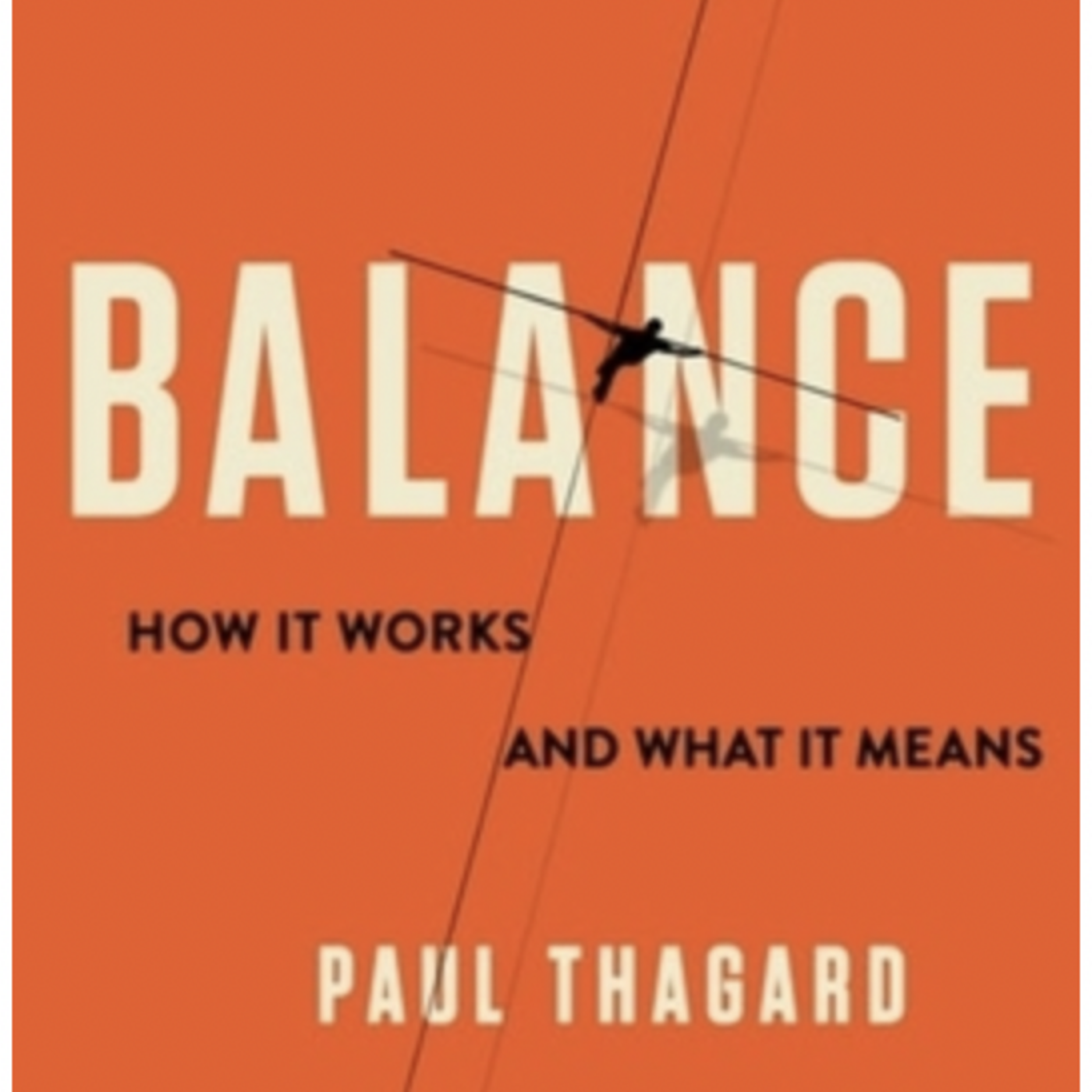
The Avid Reader ShowPaul Thagard: Balance: How It Works and What It MeansLiving is a balancing act. Ordinary activities like walking, running, or riding a bike require the brain to keep the body in balance. A dancer’s poised elegance and a tightrope walker’s breathtaking performance are feats of balance. Language abounds with expressions and figures of speech that invoke balance. People fret over work-life balance or try to eat a balanced diet. The concept crops up from politics—checks and balances, the balance of power, balanced budgets—to science, in which ideas of equilibrium are crucial. Why is balance so fundamental, and how do physical and metaphorical balance shed light on...
2022-06-2657 min
Thing in itselfPaul Thagard on cognition, consciousness, misinformation, balancePaul Thagard is a philosopher specializing in cognitive science, philosophy of mind, and the philosophy of science and medicine. He is professor emeritus of philosophy at the University of Waterloo. He has made important contributions in understanding cognition, coherence, creativity, and the role of emotions in cognition.
2022-05-242h 25
AstroSkepticSEASON 2 - EPISODE 2: Is Astrology a Pseudoscience? pt 2In the second episode of season two, Paige and Reva continue to dissect Paul R. Thagard’s scholarly article ’Why Astrology is a Pseudoscience’. Things get pretty philosophical and maybe a little chaotic as Thag turns from friend to foe.
TIMESTAMPS: Banter 0:50 - 11:11
2022-04-281h 06
Making MeaningEpisode 20: Love, Work & PlayThough life’s ultimate meaning may be elusive, the goods of love, work and play are so deeply rewarding that for most people they are sufficient for creating a happy life. And with new advances in neuroscience, we increasingly understand why that is at a molecular level. GUESTPaul Thagard is a philosopher, cognitive scientist, and author of many interdisciplinary books. He is Distinguished Professor Emeritus of Philosophy at the University of Waterloo, where he founded and directed the Cognitive Science Program.
2022-04-1010 min
Unlabelled Unstructured by UWDSCArtificial Intelligence vs Human Intelligence ft. Paul Thagard and his New Book "Bots and Beasts"Do you want to know how computer models are used to understand scientific discoveries and reasoning? Do you want to know how animals and AI’s are performing compared to human intelligence? On this episode, we invited Paul Thagard, a professor of philosophy at the University of Waterloo, to talk about his new book Bots and Beasts, the nature of philosophy and cognitive science, and computational models. If these topics interest you, head over to our podcast channel and listen to our latest episode! Also, if you want to learn more about Professor Thagard’s publications and research, visit paul...
2021-11-081h 10
Cool Collaborations#23 Paul Thagard - On philosophy, cognitive science, and collaboration.Welcome to episode #23 of the Cool Collaborations podcast. My guest today is Paul Thagard, PhD, a is a philosopher, cognitive scientist, and author. He is a Distinguished Professor Emeritus of Philosophy at the University of Waterloo and a Fellow of the Royal Society of Canada. He has been awarded the Molson Prize (2007) and a Killam Prize (2013) by the Canada Council for the Arts.Our conversation covers a lot of ground as we explore collaboration in the world of people, animals, and artificial intelligence, in line with the work in Paul’s new book Bots and Beasts: What Ma...
2021-10-1244 min
New Books in Biology and EvolutionPaul Thagard, "Bots and Beasts: What Makes Machines, Animals, and People Smart?" (MIT Press, 2021)Octopuses can open jars to get food, and chimpanzees can plan for the future. An IBM computer named Watson won on Jeopardy! and Alexa knows our favorite songs. But do animals and smart machines really have intelligence comparable to that of humans? In Bots and Beasts: What Makes Machines, Animals, and People Smart? (MIT Press, 2021), Paul Thagard looks at how computers (“bots”) and animals measure up to the minds of people, offering the first systematic comparison of intelligence across machines, animals, and humans.Thagard explains that human intelligence is more than IQ and encompasses such features as problem...
2021-10-0659 min
New Books in Animal StudiesPaul Thagard, "Bots and Beasts: What Makes Machines, Animals, and People Smart?" (MIT Press, 2021)Octopuses can open jars to get food, and chimpanzees can plan for the future. An IBM computer named Watson won on Jeopardy! and Alexa knows our favorite songs. But do animals and smart machines really have intelligence comparable to that of humans? In Bots and Beasts: What Makes Machines, Animals, and People Smart? (MIT Press, 2021), Paul Thagard looks at how computers (“bots”) and animals measure up to the minds of people, offering the first systematic comparison of intelligence across machines, animals, and humans.Thagard explains that human intelligence is more than IQ and encompasses such features as problem...
2021-10-0659 min
New Books in NeurosciencePaul Thagard, "Bots and Beasts: What Makes Machines, Animals, and People Smart?" (MIT Press, 2021)Octopuses can open jars to get food, and chimpanzees can plan for the future. An IBM computer named Watson won on Jeopardy! and Alexa knows our favorite songs. But do animals and smart machines really have intelligence comparable to that of humans? In Bots and Beasts: What Makes Machines, Animals, and People Smart? (MIT Press, 2021), Paul Thagard looks at how computers (“bots”) and animals measure up to the minds of people, offering the first systematic comparison of intelligence across machines, animals, and humans.Thagard explains that human intelligence is more than IQ and encompasses such features as problem...
2021-10-0659 min
New Books in TechnologyPaul Thagard, "Bots and Beasts: What Makes Machines, Animals, and People Smart?" (MIT Press, 2021)Octopuses can open jars to get food, and chimpanzees can plan for the future. An IBM computer named Watson won on Jeopardy! and Alexa knows our favorite songs. But do animals and smart machines really have intelligence comparable to that of humans? In Bots and Beasts: What Makes Machines, Animals, and People Smart? (MIT Press, 2021), Paul Thagard looks at how computers (“bots”) and animals measure up to the minds of people, offering the first systematic comparison of intelligence across machines, animals, and humans.Thagard explains that human intelligence is more than IQ and encompasses such features as problem...
2021-10-061h 01
The MIT Press PodcastPaul Thagard, "Bots and Beasts: What Makes Machines, Animals, and People Smart?" (MIT Press, 2021)Octopuses can open jars to get food, and chimpanzees can plan for the future. An IBM computer named Watson won on Jeopardy! and Alexa knows our favorite songs. But do animals and smart machines really have intelligence comparable to that of humans? In Bots and Beasts: What Makes Machines, Animals, and People Smart? (MIT Press, 2021), Paul Thagard looks at how computers (“bots”) and animals measure up to the minds of people, offering the first systematic comparison of intelligence across machines, animals, and humans.Thagard explains that human intelligence is more than IQ and encompasses such features as problem...
2021-10-0659 min
The Gospel Underground PodcastThe New Science of MoralityLinks ReferencedAmerican Isn’t split in half, its divided into four by Caroline Mimbs Nyce https://www.theatlantic.com/newsletters/archive/2021/06/america-isnt-split-in-half-its-divided-into-four/619138/QuotationsThis new-synthesis view of morality has four basic elements: (1) a Humean mind-focused sentimentalism, (2) a Darwinian evolutionary account of why the mind has the traits it does, (3) a human interest–based utilitarianism about morality, all embedded within (4) a strident naturalism committed to empirical study of the world. (Science and the Good, 86, 87)Innovations in neuroscience are important because they help us answer basic questions about morality, namely why you...
2021-06-1134 min
Think It Through: the Clearer Thinking PodcastEpisode 18: Who Do You Trust? Part I: Interpersonal TrustSend us a textOver the next three episodes (she only meant to do two episodes on the topic but it turned out she needed three!), April explains the connection between trust and critical thinking. In Part I, she discusses the importance of interpersonal trust, why it's so necessary, what can go wrong when we trust, and ways to avoid putting our trust in the wrong people. And she uses both "who do you trust (because it just seems right)" and "whom do you trust (because it's probably grammatically correct)" in the episode. Hey, she's not an...
2021-05-1117 min
Parlons UX Design - Podcast#12 - Théories psychologiques - Partie 4Le métier de UX Designer est la convergence de deux métiers : Ergonome et Designer graphique. Je vous propose un ensemble de quatre podcasts (#09-10-11 et 12) dans lesquels je vais vous exposer un aperçu des différents modèles théoriques psychologiques sur lesquels reposent l'ergonomie. Dans le dernier épisode de cette série, je vous parle du connexionnisme et de l'énaction.
Références de livres : En savoir plus sur le connexionnisme : Mental Leaps : Analogy in Creative Tought de Keith James Holyoak et Paul Thagard.
En savoir plus sur l'énaction : Enaction Toward a New Paradigm for...
2020-06-2619 min
Deep Neural NotebooksDNN 5: Neuroscience, Art & Creativity | Leslee LazarIn this episode, I interview Leslee Lazar, a cognitive neuroscientist and visual artist. He is a professor at IIT Gandhinagar, at the Centre for Cognitive and Brain Science, working on processing of tactile perception in the somatosensory cortex of the brain. He is passionate about art and design, and uses illustrations, graphic design, infographics, collages and photography to convey complex stories. Neuroscientist by day, visual artist by evening, his research interests include understanding creativity and perception of art from a Neuroscience point of view. He has some amazing artworks, illustrations and posters that I'd recommend you to check out...
2020-04-0355 min
Unlatched MindEp 11: Universal Basic Income Ethics and the Artificial Intelligence RevolutionIn this episode, Dr. Paul Thagard, a philosopher, cognitive scientist, and author of several interdisciplinary books returns to discuss the ethical questions around Universal Basic Income (UBI) and the growing Artificial Intelligence (AI) impact on the economy and jobs. Information on Dr. Thagard's work, including his most recent book series titled "Treatise on Mind and Society", can be found at https://paulthagard.com. Episode music was recorded using a drum-less track from www.seanlang.com.
2019-07-141h 00
Unlatched MindEp. 2: Nonhuman IntelligenceIn this episode, we have Dr. Paul Thagard. Dr. Thagard is a philosopher, cognitive scientist, and author of several interdisciplinary books. He is Distinguished Professor Emeritus of Philosophy at the University of Waterloo and a Fellow of the Royal Society of Canada, the Cognitive Science Society, and the Association for Psychological Science. In our discussion, we dig into whether animals feel grief, the emotions and consciousness of machines and whether the ethical implications of human decisions translate into those of systems bound by silicon. Dr. Thagard's work and contact information can be found at https://paulthagard.com....
2019-04-0355 minCenter for Advanced Studies (CAS) Research Focus Evidence Based Practice (LMU) - SDWhy Reason?Reasoning and inference are not the same, argues Paul Thagard. Reasoning is slow, deliberate, and social, where as inference is fast, automatic, and individual. | Center for Advanced Studies LMU: 06.07.2016 | Speaker: Prof. Paul Thagard, Ph.D. | Moderation: Prof. Clark Chinn, Ph.D.
2018-08-011h 15
Center for Mind, Brain, and CultureEmotions Conference 2016 (4 of 20) | Paul Thagard, Stephan Hamann, Joseph LeDoux | Discussion: Theories and Models of EmotionTheories and Models of Emotion Discussion (February 11, 2016)
If you would like to become an AFFILIATE of the Center, please let us know.Subscribe to our YouTube channel to get updates on our latest videos.Follow along with us on Instagram | Facebook NOTE: The views and opinions expressed by the speaker do not necessarily reflect those held by the Center for Mind, Brain, and Culture or Emory University.
2016-02-1118 min
Center for Mind, Brain, and CultureEmotions Conference 2016 (3 of 20) | Paul Thagard | Brain Mechanisms Explain EmotionIs love a judgment, a body process, or a cultural interpretation? Emotion theorists dispute whether emotions are cognitive appraisals, responses to physiological changes, or social constructions. That emotions are all of these can be grasped by identifying brain mechanisms for emotions, including representation by groups of spiking neurons, binding of representations into semantic pointers, and competition among semantic pointers. Semantic pointers are patterns of firing in groups of neurons that function like symbols while incorporating sensory and motor information that can be recovered. Emotions are semantic pointers that bind representations of situations, physiology, and appraisal into unified packages that...
2016-02-1146 min
New Books in SciencePaul Thagard, “The Cognitive Science of Science: Explanation, Discovery, and Conceptual Change” (MIT Press, 2012)We’ve all heard about scientific revolutions, such as the change from the Ptolemaic geocentric universe to the Copernican heliocentric one. Such drastic changes are the meat-and-potatoes of historians of science and philosophers of science. But another perspective on them is from the point of view of cognition. For example, how... Learn more about your ad choices. Visit megaphone.fm/adchoicesSupport our show by becoming a premium member! https://newbooksnetwork.supportingcast.fm/science
2012-05-151h 06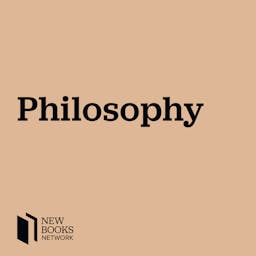
New Books in PhilosophyPaul Thagard, “The Cognitive Science of Science: Explanation, Discovery, and Conceptual Change” (MIT Press, 2012)We’ve all heard about scientific revolutions, such as the change from the Ptolemaic geocentric universe to the Copernican heliocentric one. Such drastic changes are the meat-and-potatoes of historians of science and philosophers of science. But another perspective on them is from the point of view of cognition. For example, how do scientists come up with breakthroughs? What happens when a scientist confronts a new theory that conflicts with an established one? In what ways does her belief system change, and what factors can impede her acceptance of the new theory?
In his latest book, The Cognitive Sc...
2012-05-151h 06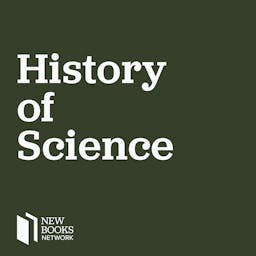
New Books in the History of SciencePaul Thagard, “The Cognitive Science of Science: Explanation, Discovery, and Conceptual Change” (MIT Press, 2012)We’ve all heard about scientific revolutions, such as the change from the Ptolemaic geocentric universe to the Copernican heliocentric one. Such drastic changes are the meat-and-potatoes of historians of science and philosophers of science. But another perspective on them is from the point of view of cognition. For example, how do scientists come up with breakthroughs? What happens when a scientist confronts a new theory that conflicts with an established one? In what ways does her belief system change, and what factors can impede her acceptance of the new theory?In his latest book, The Cognitive Sc...
2012-05-151h 06
The MIT Press PodcastPaul Thagard, “The Cognitive Science of Science: Explanation, Discovery, and Conceptual Change” (MIT Press, 2012)We’ve all heard about scientific revolutions, such as the change from the Ptolemaic geocentric universe to the Copernican heliocentric one. Such drastic changes are the meat-and-potatoes of historians of science and philosophers of science. But another perspective on them is from the point of view of cognition. For example, how do scientists come up with breakthroughs? What happens when a scientist confronts a new theory that conflicts with an established one? In what ways does her belief system change, and what factors can impede her acceptance of the new theory?In his latest book, The Cognitive Sc...
2012-05-151h 06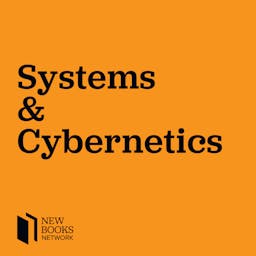
New Books in Systems and CyberneticsPaul Thagard, “The Cognitive Science of Science: Explanation, Discovery, and Conceptual Change” (MIT Press, 2012)We’ve all heard about scientific revolutions, such as the change from the Ptolemaic geocentric universe to the Copernican heliocentric one. Such drastic changes are the meat-and-potatoes of historians of science and philosophers of science. But another perspective on them is from the point of view of cognition. For example, how... Learn more about your ad choices. Visit megaphone.fm/adchoicesSupport our show by becoming a premium member! https://newbooksnetwork.supportingcast.fm/systems-and-cybernetics
2012-05-151h 06